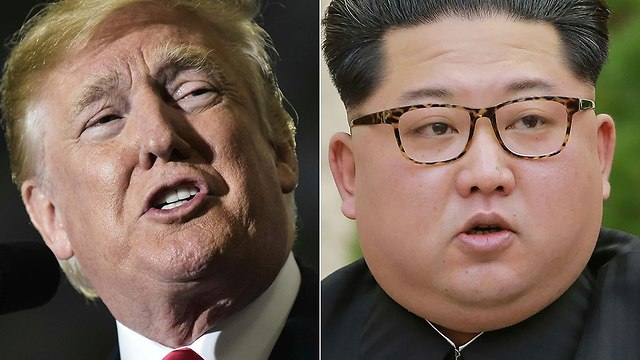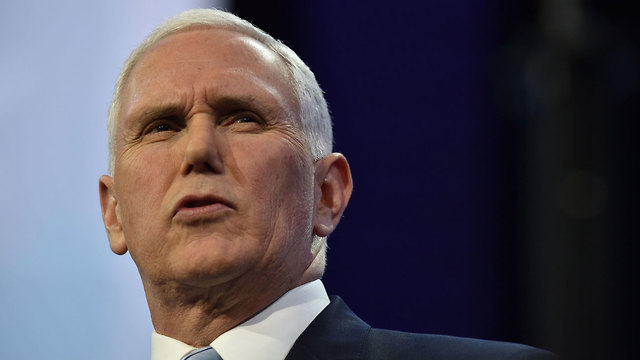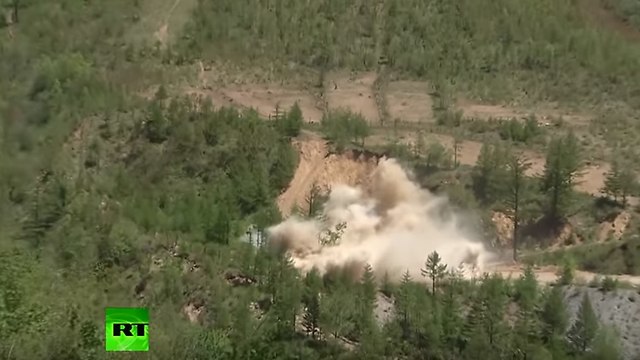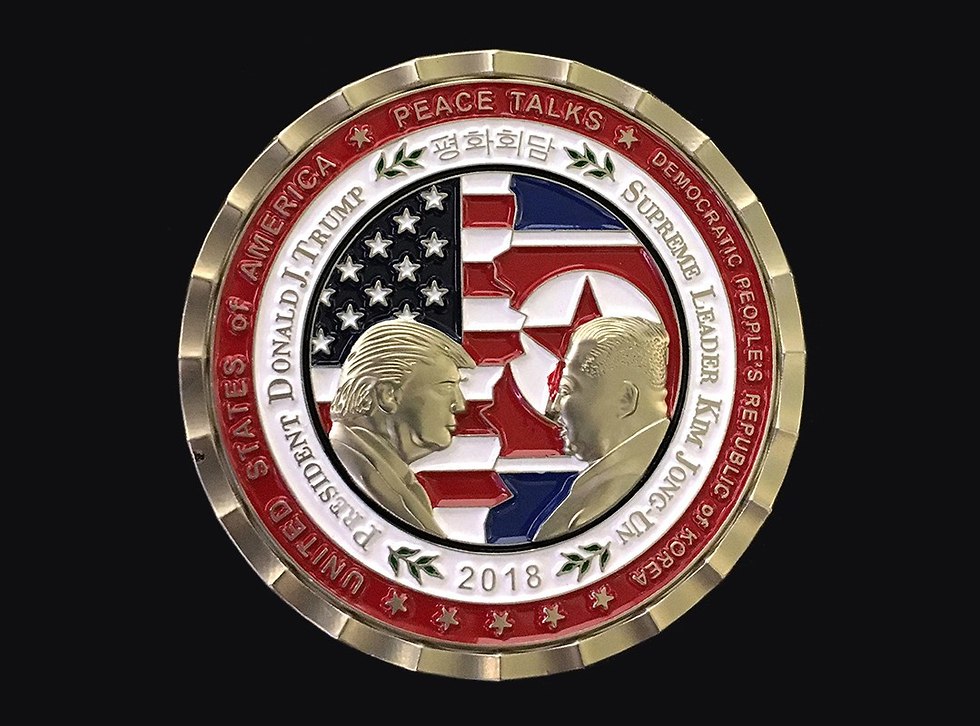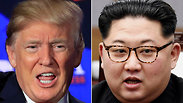
North Korea said on Friday it was still open to talks with the United States after President Donald Trump called off a summit with leader Kim Jong Un, saying it hoped the "Trump formula" could resolve the standoff over its nuclear weapons program.
Trump on Thursday announced his withdrawal from what would have been the first-ever meeting between a serving US president and a North Korean leader, scheduled for Singapore on June 12, in a letter to Kim, citing North Korea's "tremendous anger and open hostility".
Trump's decision came after repeated threats by North Korea to pull out of the summit over what it saw as confrontational remarks by US officials.
"We have inwardly highly appreciated President Trump for having made the bold decision, which any other US presidents dared not, and made efforts for such a crucial event as the summit," North Korean Vice Foreign Minister Kim Kye Gwan said in a statement carried by state media.
"We even inwardly hoped that what is called 'Trump formula' would help clear both sides of their worries and comply with the requirements of our side and would be a wise way of substantial effect for settling the issue," he said, without elaborating.
Kim Kye Gwan said North Korea's recent criticisms of certain US officials had been a reaction to unbridled American rhetoric, and that the current antagonism showed "the urgent necessity" for the summit.
"His sudden and unilateral announcement to cancel the summit is something unexpected to us and we can not but feel great regret for it," Kim Kye Gwan said, adding that North Korea remained open to resolving issues with Washington "regardless of ways, at any time".
North Korea had sharply criticized suggestions by Trump's national security adviser, John Bolton, and Vice President Mike Pence that it could share the fate of Libya if it did not swiftly surrender its nuclear arsenal. Libyan leader Muammar Gaddafi was deposed and killed by NATO-backed militants after halting his nascent nuclear program.
Trump had initially sought to placate North Korea, saying that he was not pursuing the "Libya model" in getting the North to abandon its nuclear weapons program. White House Press Secretary Sarah Huckabee Sanders also said: "This is the President Trump model. He's going to run this the way he sees fit."
Nuclear site decommissioned
While the Trump administration had insisted on North Korea's complete, verifiable and irreversible dismantling of its nuclear program, Pyongyang had always couched its language in terms of denuclearization of the Korean peninsula.
It has said in previous, failed talks that it could consider giving up its arsenal if the United States provided security guarantees by removing its troops from South Korea and withdrew its so-called nuclear umbrella of deterrence from South Korea and Japan.
North Korea on Thursday announced it had completely dismantled its Punggye-ri nuclear test facility "to ensure the transparency of discontinuance" of nuclear testing.
Footage of the event broadcast by South Korean media on Friday showed explosions throwing up huge clouds of dust and debris as they destroyed tunnel entrances and multiple wooden structures around the site.
Other images showed North Korean officials displaying a map of the site, including several major tunnel complexes they said were unused and completely operational prior to being destroyed.
Some analysts are worried the cancelling of the summit could prompt resumption in hostilities, including renewed shorter-range missile tests or stepped-up cyber attacks by Pyongyang and increased sanctions or deployment of new military assets by Washington.
Trump, in his letter, sounded a bellicose note, warning Kim of the United States' greater nuclear might, reminiscent of the president's tweet last year asserting that he had a "much bigger" nuclear button than Kim.
Speaking later, Trump said the US military stood ready if Kim were to take any "foolish" action and that the United States would continue its "maximum pressure" campaign of sanctions to press North Korea to give up its nuclear weapons.
Many South Koreans reacted angrily to the announcement, feeling they had been cheated of a chance of a lifetime to live in peace.
North Korea's measured response provided some solace for nervous financial markets, with Asian shares almost flat.
"I suspect they couldn't agree on denuclearization," said Masahiro Ichikawa, senior strategist at Sumitomo Mitsui Asset Management. "But looking at comments from the both sides, none of them is ruling out holding a meeting in the future. So I do not expect to see an immediate escalation in military tension."
South Korean President Moon Jae-in, who worked hard to help set up the summit and urged Trump at a White House meeting on Tuesday not to let a rare opportunity slip away, said he was "perplexed" by the cancellation. He urged Trump and Kim to talk directly.
US Secretary of State Mike Pompeo and his South Korean counterpart, Kang Kyung-wha, held a phone call and agreed to continue working towards creating the right conditions for the United States and North Korea to talk, the South's foreign ministry said in a statement.
South Korea would also continue efforts to improve ties with the North, the presidential office said after Moon's top security advisers met for the second time on Friday.
China, North Korea's lone major ally, said the United States and North Korea should show patience.
"In the present situation, we really hope that the United States and North Korea can cherish the recent positive progress, exercise patience, show goodwill and meet each other halfway," Foreign Ministry spokesman Lu Kang said at a regular news briefing.
China has publicly urged the United States and North Korea to keep up the dialogue. But Trump had suggested in recent days that Kim's more defiant tone followed a meeting with Chinese President Xi Jinping.
The official China Daily newspaper said Trump's "cheeky invitation" in his letter for Kim to call or write to set up a meeting meant he was not "slamming the door shut on talks" in future.















